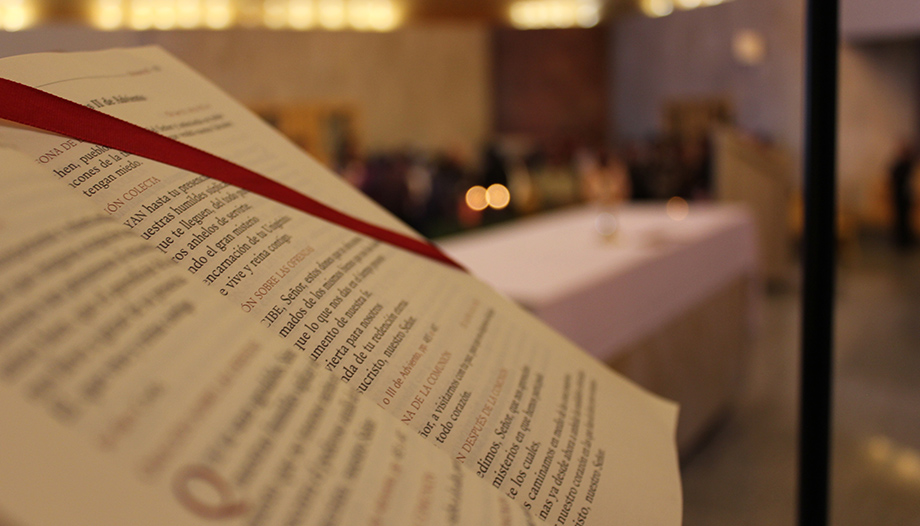On their journey through the desert towards the Promised Land, the people lost their patience and gave a negative interpretation to all the recent events they had experienced. They spoke against God and Moses: "Why have you brought us out of Egypt to die in the wilderness? We have neither bread nor water, and we are nauseated by that bread without substance." This is the devil who sours and puts a negative spin on everything, as he did from the dawn of creation, causing Adam and Eve to focus only on the forbidden tree, and not on all the others from which they could eat.
God had given everything to the Israelites. He had saved them, He had brought them through the sea that miraculously opened for them, He had drowned the Egyptians, He had given the Israelites water, bread and meat in the wilderness. And now they complained. As a result, God punished them. "The Lord sent fiery serpents among the people, which bit them, and many of Israel died." (Num 21:6). These fiery serpents are reminiscent of that first serpent in the Garden of Eden, Satan, who lives in hellfire, although he is active on earth.
When we complain and let ourselves be carried away by anger and bitterness, it is as if fiery serpents are slithering inside us. It is the devil that makes us focus on what we don't have and thus forget all the blessings God has given us, on all that is wrong and makes us forget all that is right.
How active these snakes are within us! We need to tread on them and drive them out. Above all, we need to invoke Christ, who is the great destroyer of serpents: he wounds the serpent's head (Gen 3:15). But first Jesus must allow the serpent to bite him. He must take all that poison upon himself, and in a certain sense within himself, in order to overcome it. When Satan bites us, he poisons us. When Satan "bit" Christ, he, Satan, was poisoned: with the "poison" of love and humility in Jesus, which are deadly to him. Jesus took all that poison, the poison of sin, upon himself and within himself (while remaining sinless) and became himself the great antidote, the great vaccine against it. Yes, he killed it in a sense, temporarily.
Part of the poison is death and, in order to take all the poison, Jesus had to suffer death as well. But he conquered sin and death, he conquered the poison. Today's feast invites us to look again and again at the Cross, at the one "lifted up" for our salvation, to see it, look at it and contemplate it with the eyes of the soul.








